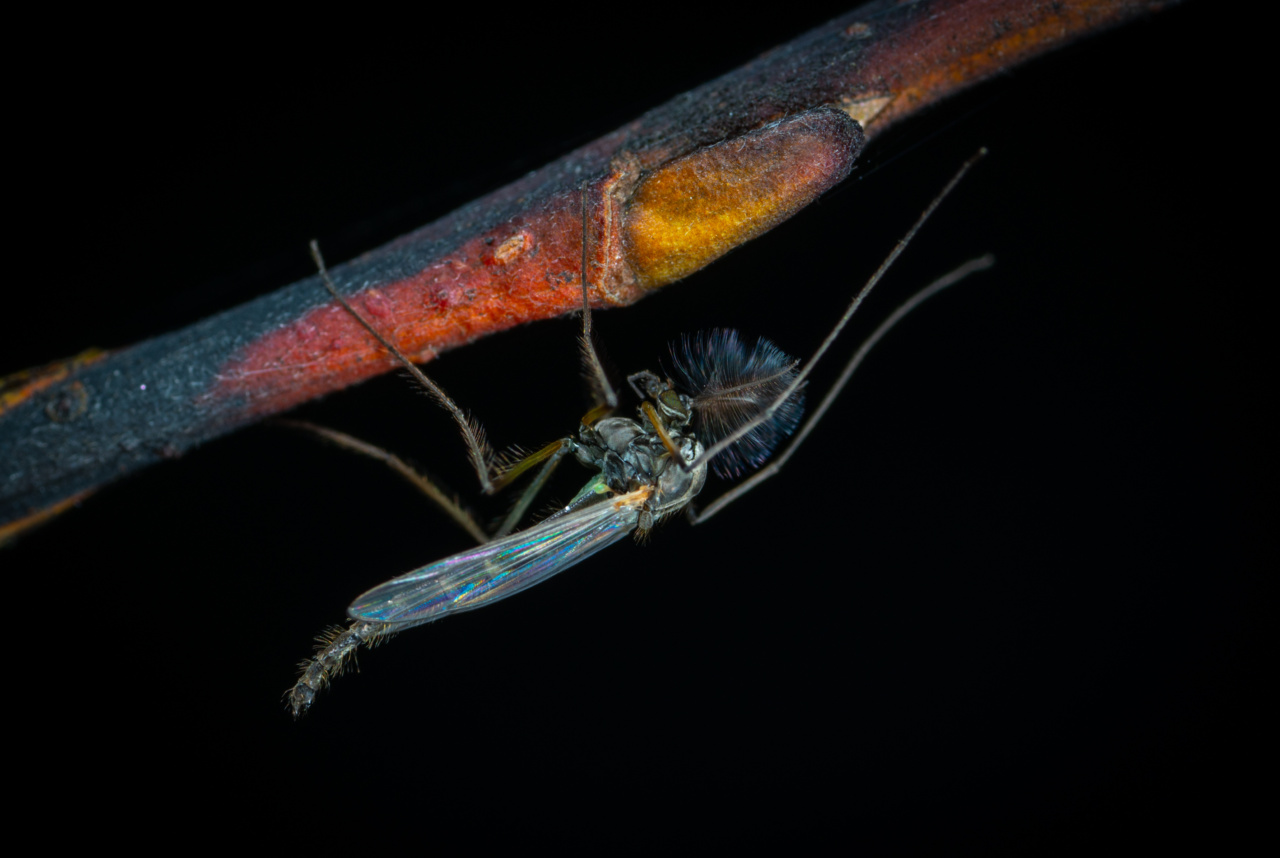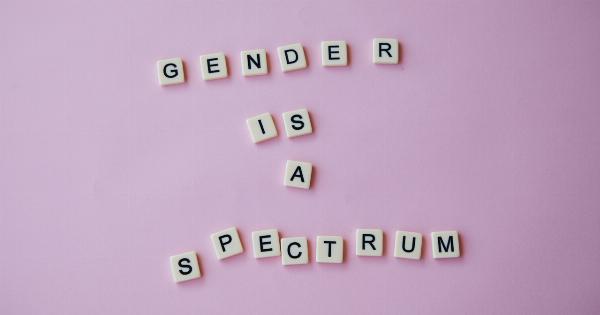Being single is a common and diverse life status that individuals may experience at different stages of their lives. While some people actively seek relationships, others may prefer to embrace the single life.
Society often poses questions about the reasons behind someone being single and whether it is a personal choice or a result of external factors. In recent years, scientists have started exploring the potential role of genetics in determining one’s relationship status.
Genetics and Personal Traits
Genetics plays a significant role in shaping various personal traits, from physical attributes to personality characteristics. Studies have shown that certain genes influence specific personality traits, such as openness, extraversion, and neuroticism.
These traits can impact an individual’s inclination towards seeking romantic relationships or remaining single.
For instance, individuals with a gene variant related to high levels of novelty-seeking behavior may be more likely to engage in adventurous and exploratory activities, including seeking new romantic partners.
On the other hand, those without the gene variant may prefer stability and be more content with a single lifestyle.
The Influence of DNA on Social Behaviors
Our DNA also influences our social behaviors and interactions, which can indirectly impact our relationship status. Various genetic factors contribute to our social skills, emotional intelligence, and empathy.
These traits play a significant role in establishing and maintaining relationships.
Individuals with certain genetic variations related to social skills and empathy are often more successful in forming and maintaining romantic relationships.
Conversely, those lacking these genetic variations might find it more challenging to establish meaningful connections. These genetic influences may partially explain why some individuals remain single or struggle to establish long-term partnerships.
Genetic Compatibility and Romantic Relationships
Another fascinating aspect of the genetics of being single is the concept of genetic compatibility in romantic relationships. Genetic compatibility refers to the degree of compatibility between partners based on their genetic makeup.
Studies have shown that genes related to the immune system (known as the Major Histocompatibility Complex or MHC genes) play a significant role in attraction and mate selection.
Individuals tend to be more attracted to partners with different MHC genes, as this can result in healthier and more robust offspring. This innate biological mechanism can influence relationship outcomes and preferences, contributing to the decision to remain single or seek specific partners.
The Role of Environmental Factors and Decision-Making
While genetics certainly play a role in shaping our relationship status, it is essential to acknowledge the significance of environmental factors and personal decision-making.
Environmental factors, such as cultural norms, family structure, and social influences, can heavily influence an individual’s decision to pursue relationships or embrace the single life.
Additionally, personal experiences, past relationships, and emotional well-being significantly impact an individual’s desire for companionship or independence.
While genetics may predispose someone towards certain behaviors or preferences, it is ultimately up to the individual to make choices regarding their relationship status.
The Future of Single Research: Nature vs. Nurture
As researchers continue to delve into the science of being single, the ongoing debate between nature (genetics) and nurture (environmental factors) remains a topic of intrigue.
While genetics undeniably have a part to play in an individual’s relationship status, it is crucial to consider the dynamic interplay between genetic predispositions and environmental influences.
Future studies may focus on unraveling the intricate relationship between genetics, personal traits, environmental factors, and personal decisions to gain a more comprehensive understanding of being single.
Acknowledging Individual Choices and Societal Acceptance
It is essential to recognize that being single is a valid and personal choice that should be respected and valued in society. Embracing a single lifestyle can offer individuals opportunities for personal growth, self-discovery, and independence.
While genetics may provide insights into the inclination towards being single, it is crucial to refrain from stigmatizing or oversimplifying the reasons behind an individual’s relationship status.
Each person’s journey is unique, and factors beyond genetics shape our lives and decisions.
Conclusion
The science of being single offers a fascinating exploration into the potential role of genetics in determining relationship status.
While genetics have been found to influence personal traits, social behaviors, and mate selection, it is essential to acknowledge the impact of environmental factors and personal choices.
Understanding the complex interplay between genetics, personal traits, social behaviors, and decision-making processes can provide valuable insights into the diverse nature of relationships and the complexities of being single.
It is crucial to respect and validate individual choices, ensuring that society appreciates the diversity of relationship statuses and the inherent value of the single life.




























